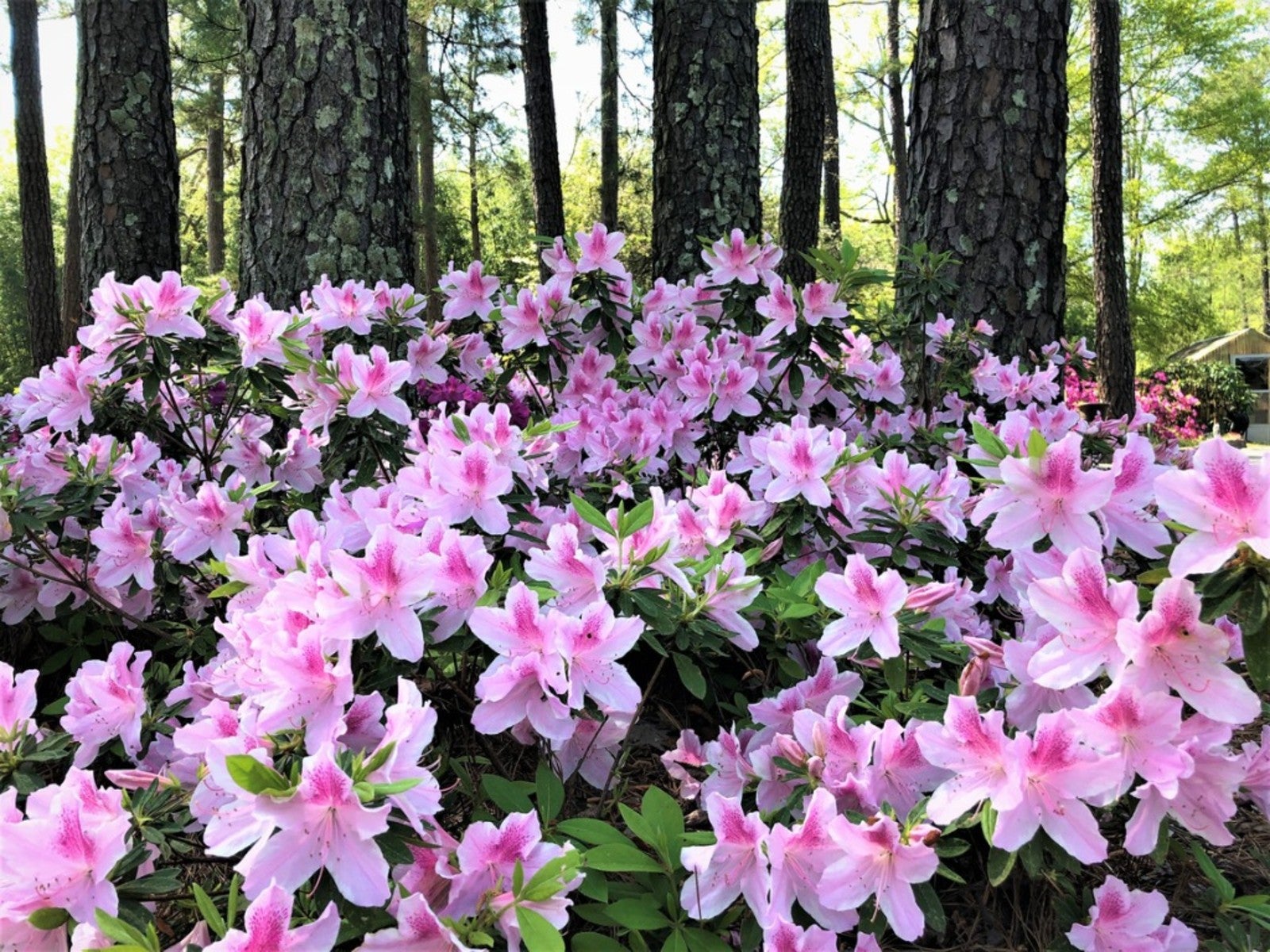Deciduous Shrub Varieties - Identifying Deciduous Shrubs


Deciduous shrubs are the ones that lose their leaves in winter, but there are very few other common denominators. Deciduous shrub varieties can be tall as a short tree or low as ground cover.
If you are interested in growing deciduous shrubs, it’s helpful to have a few in mind before you begin shopping. Read on for a short list of deciduous shrubs that are hard to resist.
Growing Deciduous Shrubs
Popular with homeowners, shrubs are multi-stemmed plants that are shorter than most trees and can fit into almost any garden. They range from small to tall, from dense to sparse. There are two basic types: evergreen – that bear foliage all year long – and deciduous, that lose their foliage during the cold season That’s why it’s easier to identify deciduous shrubs in winter.
If you are considering growing deciduous shrubs, you’ll want to select only those that thrive in your USDA plant hardiness zone. It’s ideal to choose from a list of deciduous shrub varieties that are native to your geographic area. But there are other considerations, like how tall and wide you want the shrub to be at maturity, whether you want flowers or fruit, and whether an autumn display is important to you.
Identifying Deciduous Shrubs
Deciduous shrubs are versatile and can be used for specimens, hedging, creating privacy screens or windbreaks, adding color and texture to the landscape, or wildlife habitats. They are interesting plants to have in the backyard since they offer a seasonal change of interest in the landscape.
Shrubs can have even more impact than trees since they are generally at eye level. Many deciduous shrub varieties offer spring flowers and summer fruit, followed by fiery leaves in autumn and exciting bark visibility in winter.
List of Deciduous Shrubs
A list of deciduous shrubs is never comprehensive. It can only identify certain favorites for your consideration. The choice should depend on the exposure, climate and type of soil your site provides.
Sign up for the Gardening Know How newsletter today and receive a free copy of our e-book "How to Grow Delicious Tomatoes".
If you are looking for medium size shrubs that produce berries, consider Red Chokeberry (Aronia arbutifolia) that stays under 8 feet (2.4 m.) tall and thrives in zone 4 and higher. You’ll get small white spring flowers and red berry-like fruit in fall and winter. Another good option that doesn’t get quite so tall is Korean Barberry (Berberis koreana). This spiny deciduous shrub likes full sun and good drainage. It offers yellow flowers in springtime and oval red berries.
Many shrubs need well-draining soil, but not all. If you have swampy ground, look at Buttonbush (Cephalanthus occidentalis) that thrives in wet areas near streams and lakes. If is hardy to zone 4, with lovely cream-colored flowers in summer and shiny dark foliage.
If sweet-smelling flowers are high on your list, consider Virginia Sweetspire (Itea virginica). Hardy to zone 5, it grows to 5 feet (1.5 m.) tall and produces spikes of fragrant white flowers in early summer. And after they are gone, look for fiery fall color, yellow, orange and red.
For those who live in colder climates and want a shorter shrub, we recommend Bush Honeysuckle (Diervilla lonicera), hardy to zone 3. The trumpet-shaped flowers decorate this small (to 3 feet/.9 m.) shrub in early summer.

Teo Spengler is a master gardener and a docent at the San Francisco Botanical Garden, where she hosts public tours. She has studied horticulture and written about nature, trees, plants, and gardening for more than two decades, following a career as an attorney and legal writer. Her extended family includes some 30 houseplants and hundreds of outdoor plants, including 250 trees, which are her main passion. Spengler currently splits her life between San Francisco and the French Basque Country, though she was raised in Alaska, giving her experience of gardening in a range of climates.